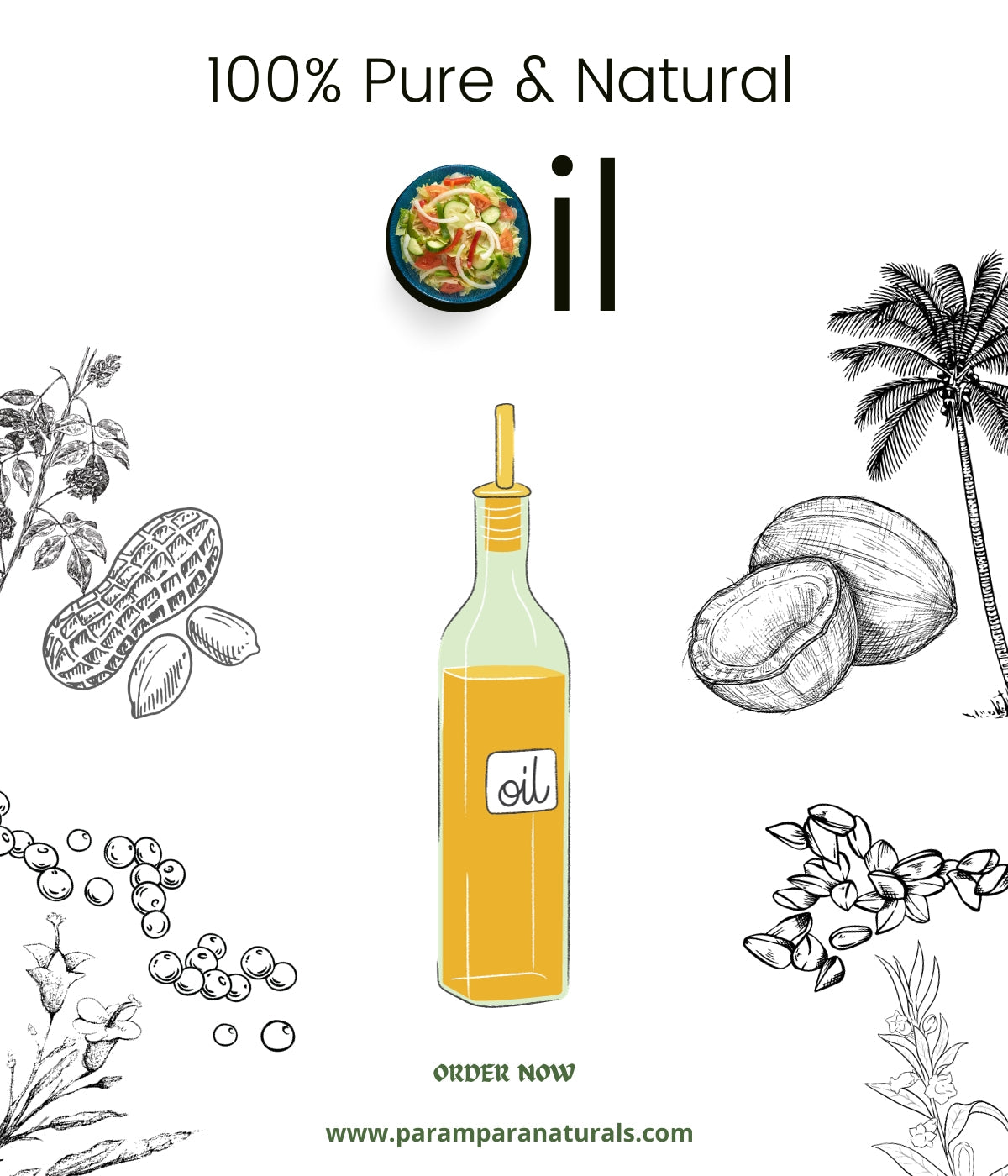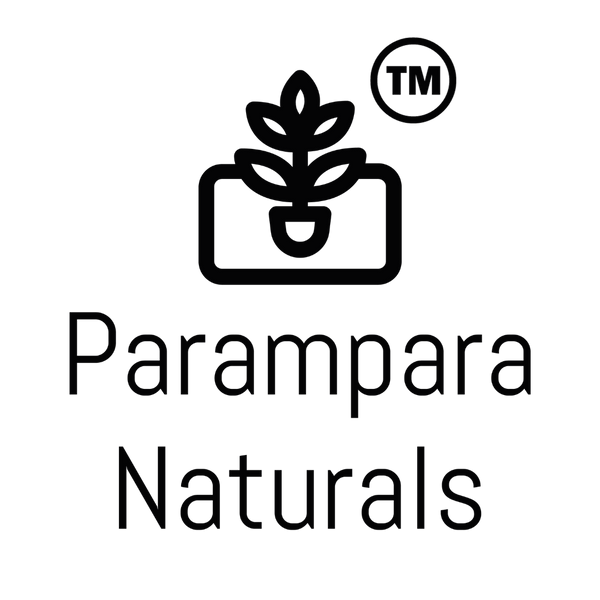The timeless power of ghee: ancient remedy rooted in Ayurveda
The Divine Connection of Ghee in Ancient Texts - From the sacred verses of the Bhagavad Gita to the elaborate yajnas performed by sages, ghee has always been revered as an essential element in Vedic traditions. It is not just a dietary ingredient but a symbol of purity, vitality, and holistic healing.
Ayurveda, the ancient Indian system of medicine, has extensively documented the medicinal benefits of ghee in texts like the Charaka Samhita and Sushruta Samhita. Ghee is described as a therapeutic food that nurtures both body and mind.
Why Ghee is a Nutritional Powerhouse !
In the modern world of processed foods and unhealthy eating habits, pure desi ghee serves as a natural elixir that revitalizes the body. It provides sustained energy, enhances cognitive function, and aids digestion.
Unlike heavily processed oils, ghee contains healthy fats like medium-chain triglycerides (MCTs), which are easily metabolized by the body and converted into energy. This makes it an excellent addition to the diet of athletes, growing children, and individuals seeking high stamina
Ayurvedic Benefits of Ghee
1. Balances Doshas and Enhances Digestion
Ayurveda classifies ghee as tridoshic, meaning it balances Vata, Pitta, and Kapha doshas. It especially helps in pacifying Vata dosha, which, when aggravated, leads to dryness, joint pain, digestive disorders, and poor sleep.
Additionally, ghee acts as a natural lubricant for the digestive system, promoting smooth bowel movements and reducing acidity.
2. Promotes Deep Detoxification
Ghee is a key component of Panchakarma therapy, an Ayurvedic detoxification process. It assists in eliminating toxins by binding with fat-soluble impurities, flushing them out of the system effectively.
Regular consumption of ghee supports:
- Removal of toxins (Ama) from tissues
- Improved absorption of nutrients
- Strengthened digestive fire (Agni)
- 3. Supports Immunity and Longevity
In Ayurveda, Ojas is the subtle essence of immunity, strength, and vitality. Ghee is believed to nourish Ojas, making the body resilient against diseases.
Additionally, ghee is rich in antioxidants that help in slowing down aging and improving skin health
Health Benefits of Ghee
1. Anti-Inflammatory and Anti-Cancer Properties
Ghee contains butyric acid, a short-chain fatty acid known for its anti-inflammatory and gut-healing properties. Studies suggest that ghee made through the bilona method is rich in Conjugated Linoleic Acid (CLA), which has potential anti-carcinogenic benefits.
2. Enhances Skin Glow and Hair Health
Traditionally, ghee has been used as a natural moisturizer to combat dryness and promote skin elasticity. It is also packed with Vitamin A, E, and antioxidants, which nourish the skin and prevent premature aging.
Applying ghee externally or consuming it regularly can lead to:
- Softer, glowing skin
- Stronger hair and scalp health
- Reduced wrinkles and fine lines
3. Strengthens Heart Health
Although fats are often vilified, not all fats are bad. Desi ghee contains Omega-3 fatty acids, which help:
- Lower bad cholesterol (LDL)
- Increase good cholesterol (HDL)
- Improve heart function and circulation
Ghee, when consumed in moderation, can be part of a heart-healthy diet.
4. Supports Brain Development and Memory
Ghee is a traditional brain tonic used in Ayurvedic Rasayana therapy. It enhances memory, cognitive function, and reduces stress and anxiety.
Children and students are often encouraged to include ghee in their diet for improved concentration and mental clarity.
5. Aids in Natural Weight Loss
Consuming one teaspoon of ghee on an empty stomach daily can aid in detoxification and promote weight management.
Contrary to popular belief, ghee does not contribute to weight gain when consumed in moderation. Instead, it:
- Boosts metabolism
- Aids fat burning by mobilizing stored fat
- Improves digestion, reducing bloating and sluggishness


